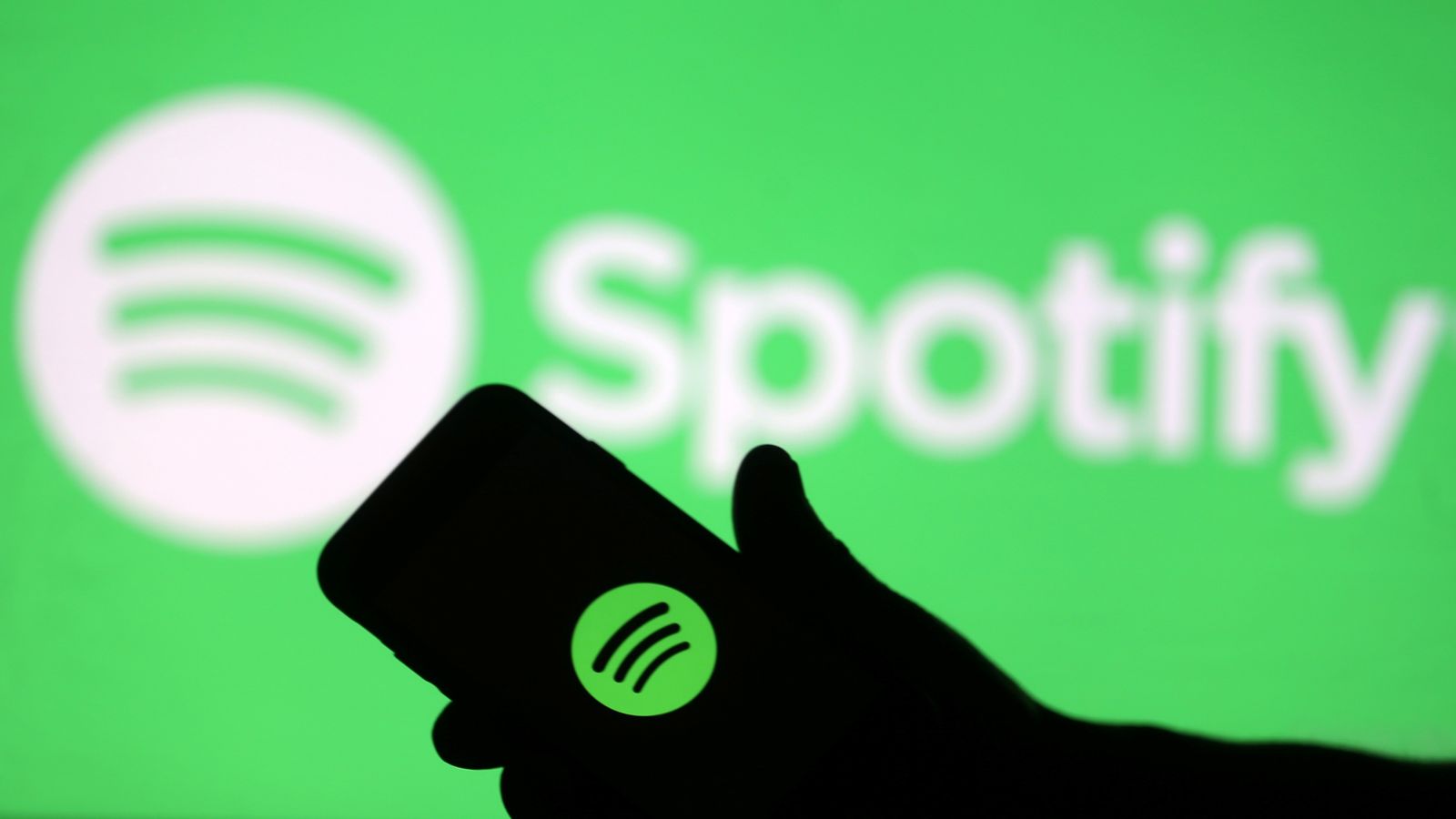Repeatedly listening to your own 30-second track on Spotify won’t make you around £960 ($1,200) a month, the streaming giant’s chief executive has said.
It comes after an analysis by JP Morgan, reported by the Financial Times, suggested the Swedish music firm’s royalty structure could be manipulated by artists, or even regular users.
The newspaper reported analysts at the US bank had calculated that if someone uploaded their own 30-second track to Spotify, then programmed their phone to listen to it on repeat, 24 hours a day, they would receive that sum in royalties.
But Spotify’s boss Daniel Ek said this was not true.
In response to a post on X (formerly known as Twitter) citing the claim by Julian Klymochko, chief executive of Accelerate Financial Technologies, the head of Spotify wrote: “If that were true, my own playlist would just be ‘Daniel’s 30-second Jam’ on repeat!
“But seriously, that’s not quite how our royalty system works.”
According to its website, Spotify pays two types of royalties: recording and publishing.
“Contrary to what you might have heard, Spotify does not pay artist royalties according to a per-play or per-stream rate,” it says.
“The royalty payments that artists receive might vary according to differences in how their music is streamed or the agreements they have with labels or distributors.
“In many cases, royalty payments happen once a month, but exactly when and how much artists get paid depends on their agreements with their record label or distributor.”
Read more from Sky News:
Bigger rewards for artists under new streaming model
Distant exoplanet ‘could have signs of life’
Google accused of rigging market in landmark case
Be the first to get Breaking News
Install the Sky News app for free
In its article, the FT reported JP Morgan executives estimate as much as 10% of all music streams are fake – deriving from streaming farms, where large numbers of devices run apps like Spotify on repeat.
“Artificial streaming is a longstanding, industry-wide issue that Spotify is working to stamp out across our service,” Spotify told the FT earlier this year.







